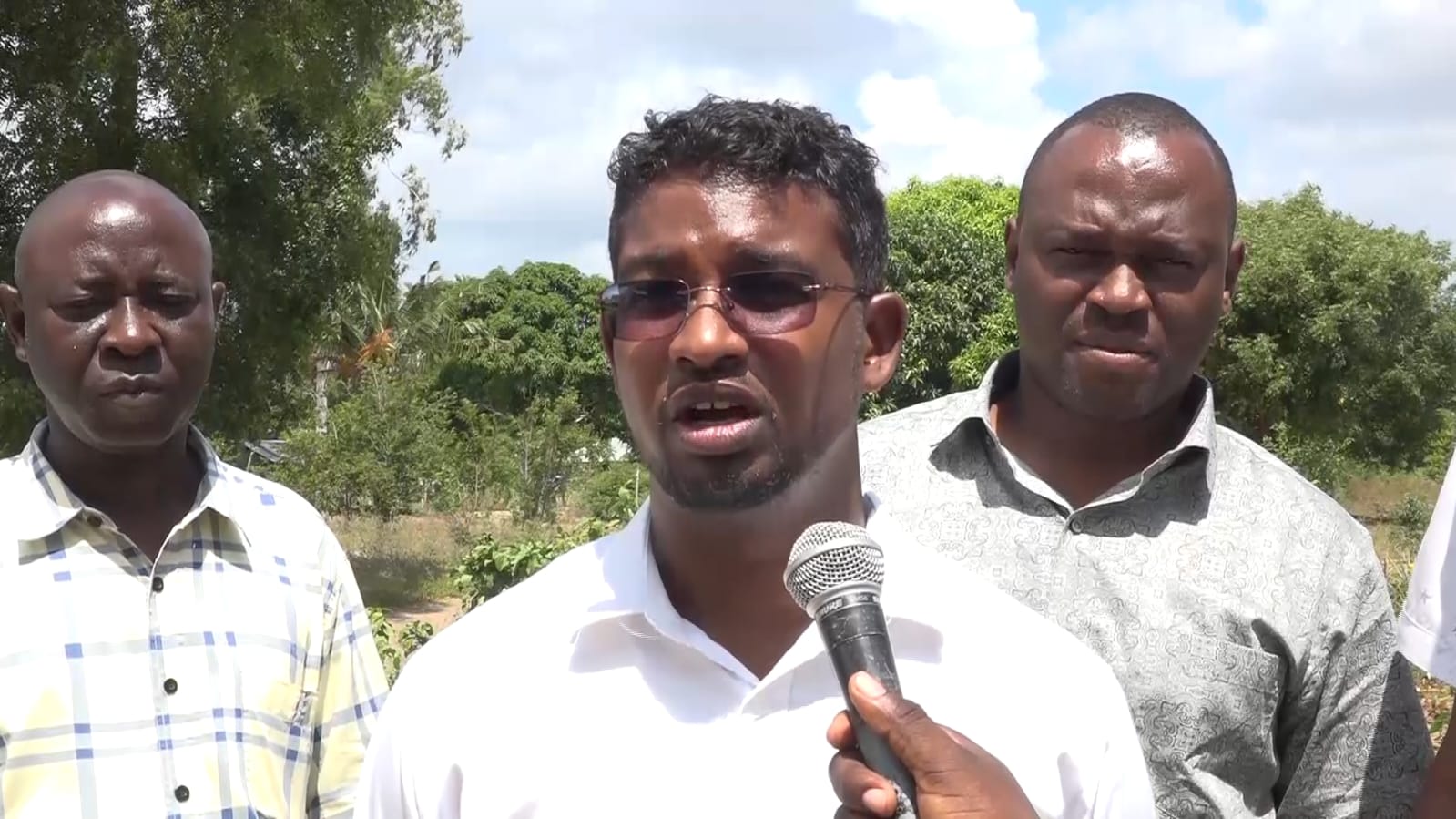AU ministers adopt two key strategies for Africa's digital transformation

The Continental AI strategy and the Africa Digital Compact are to be submitted to the African Union Executive Council in July 2024, for consideration and adoption.
African Union ministers have adopted the landmark Continental AI strategy and Africa's Digital Compact to accelerate digital transformation and overall development.
The ministers made the announcement during the 2nd Extraordinary Session of the Specialised Technical Committee on Communication and ICT, which took place virtually on June 11–13.
More To Read
African Ministers Adopt Landmark Continental Artificial Intelligence Strategy, African Digital Compact to drive Africa’s Development and Inclusive Growth. #Agenda2063
— African Union (@_AfricanUnion) June 17, 2024
Read more here: https://t.co/HkOXq7zR7A pic.twitter.com/4HESrsIhk4
The AI strategy will guide African countries in harnessing artificial intelligence and other technological advancements to meet development aspirations, improve people's well-being, accelerate AI capabilities in infrastructure, talent, innovation, and partnerships, and ensure adequate protection from threats.
The Commissioner for Infrastructure and Energy, Amani Abou-Zeid, noted that the adoption of the AI strategy was motivated by the need to harness new technologies to tackle Africa's most complex and pressing challenges.
"For us Africans, artificial intelligence presents tremendous opportunities. It is a driving force for positive transformational change as well as economic growth and social progress," Amani said in a statement issued by the AU, noting that the strategy was timely and that AI was critical for Africa.
"AI systems should be able to reflect our diversity, languages, culture, history, and geographical contexts. As we aim to create an inclusive AI ecosystem and a competitive African AI market that is adapted to our realities and meets our ambitions, we believe examining and approving this strategy will provide a common vision and path to accelerate responsible AI innovation and adoption in Africa."
Amani further noted that by harnessing AI, key sectors including education and skills, infrastructure, security, health, agriculture, and good governance would be improved to pave the way for Africa's success in the global arena.
"This can be achieved through developing human capital, strengthening research and innovation ecosystems, building AI institutions and regulatory environments, and investing in African youth, innovators, computer scientists, data experts, and AI researchers."
The ministers also discussed the African Digital Compact, the continent's common vision and one voice for charting the digital future and harnessing the transformative potential of digital technologies. The goals are to foster sustainable development, economic growth, and societal well-being throughout Africa.
The ministers highlighted the importance of propelling Africa's role in shaping global digital governance, as well as capacity building and knowledge transfer to empower the youth, institutions and the private sector, to bolster their participation in the digital economy.
In endorsing digital technologies, the leaders noted the importance of considering Africa's unique challenges and context.
"Our position must advocate for our capability to develop our own electronic technologies and equitable access to these critical resources," said Nthathi Moorosi, Lesotho's Minister of Information, Communications, Science, Technology, and Innovation.
"Additionally, we must ensure that when the global community addresses the artificial intelligence alignment problem, the unique needs and contexts of Africa are considered."
According to the African Union, the two strategies were developed through consultations with a wide array of stakeholders and constitute the continent's contribution to the Global Digital Compact and the United Nations Summit of the Future that is set for September 2024.
They are to be submitted to the African Union Executive Council in July 2024, for consideration and adoption.
Before you go, how about joining our vibrant TikTok and YouTube communities for exciting video stories?
Top Stories Today

















































